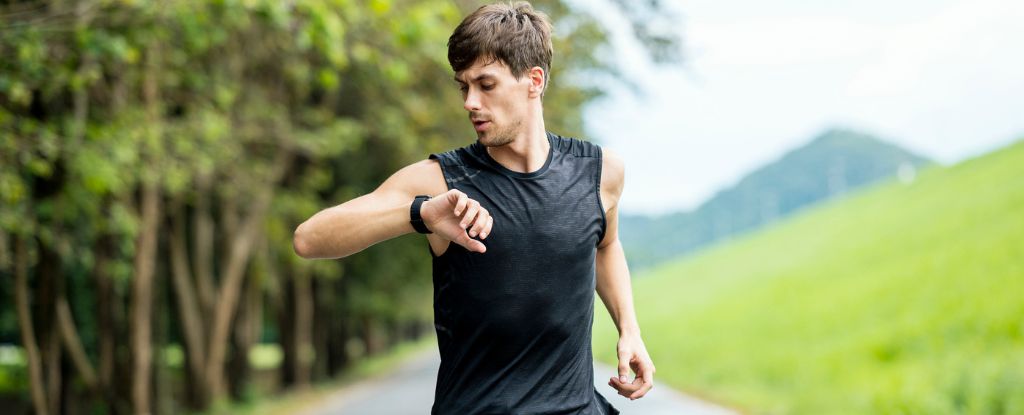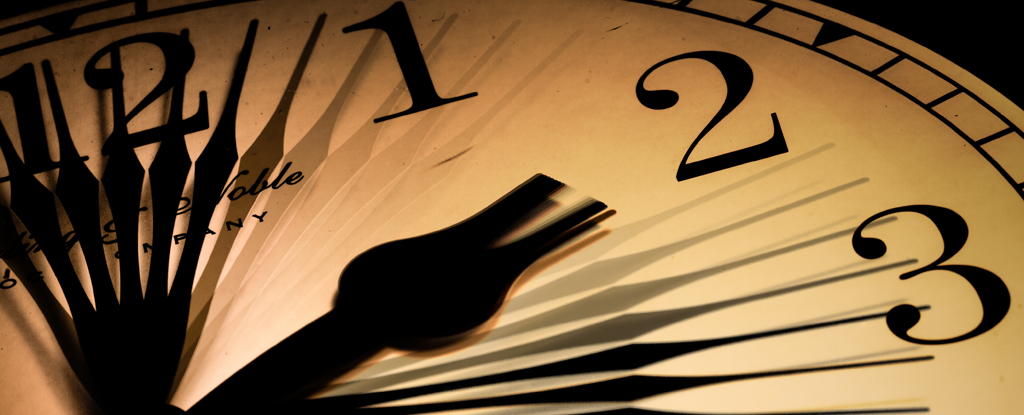The gym can be a discouraging place. Puffed and exhausted, it’s never wise to sneak a peek at the clock.
A 10-minute session on the bike might sound like an achievable goal before the timer starts, but when your body gets going, those seconds are about to feel longer than normal, according to a series of new experiments.
The standardized and controlled study was crafted by psychologists from the UK and the Netherlands. The authors claim they are the first to “conclusively demonstrate that the perception of time slows down during exercise”, no matter how intense or competitive the environment.
Led by Andrew Mark Edwards from Canterbury Christ Church University in the UK, the team conducted experiments involving 33 male and female active adults who were asked to guess when a 30-second time period was up, without the help of a clock, only their own internal timekeeper.
At rest, participants thought 30 seconds was up slightly later than the actual ticking clock. In other words, time felt like it was ‘flying’ by.
But when participants hopped on a stationary bike for a 4-kilometer (2.5-mile) time trial, that perception grew distorted. Half a minute on the bike felt roughly 8 percent longer, on average, than what the clock said.
The findings are in line with previous studies, which have also found that exercise slows our perception of time. Psychologists have suggested this is because physical arousal and awareness make us extra conscious of our body and its discomfort, and sensations of pain are known to slow the passage of time, as we perceive it.
The study of the human perception of time is called chronoception, and scientists have found that age, emotions, drugs, exercise, and body temperature can all alter that internal timekeeper in different ways.
Unlike previous studies, however, the current research did not find that time feels like it runs slower at higher intensities of exercise or when a competitor is introduced.
In the current study, participants rode on a 4-kilometer solo time trial where they were represented by an on-screen avatar, as well as two other time trials with a second avatar on the screen. This avatar rode on the same virtual cycling track as their own avatar. In one trial, participants tried to beat the avatar. In the other trial, they were not asked to compete with it.
In all the trials and at all intensity levels, participants thought time was passing at similar speeds, and slower than at rest.
Perhaps this is because their competition was only an avatar, not a human. Or maybe it was because participants themselves weren’t competitive enough to be distracted by them.
Edwards and his colleagues admit that their study is small, but perhaps, they suggest, “it is exercise per se that significantly distorts time perception”, not the intensity of exercise.
Past studies suggest that novice cyclists aren’t usually as focused while cycling as experienced athletes. The authors leave open the possibility that more experienced cyclists might feel time passes faster than the average person when seated on a bike.
“Although the current study provides novel and impactful insights, more work has to be done to further unravel the role of external stimuli, exercise intensity, and duration on the perception of time during exercise,” they conclude.
In the meantime, we all have a good excuse for leaving the gym early.
The study was published in Brain and Behavior.





